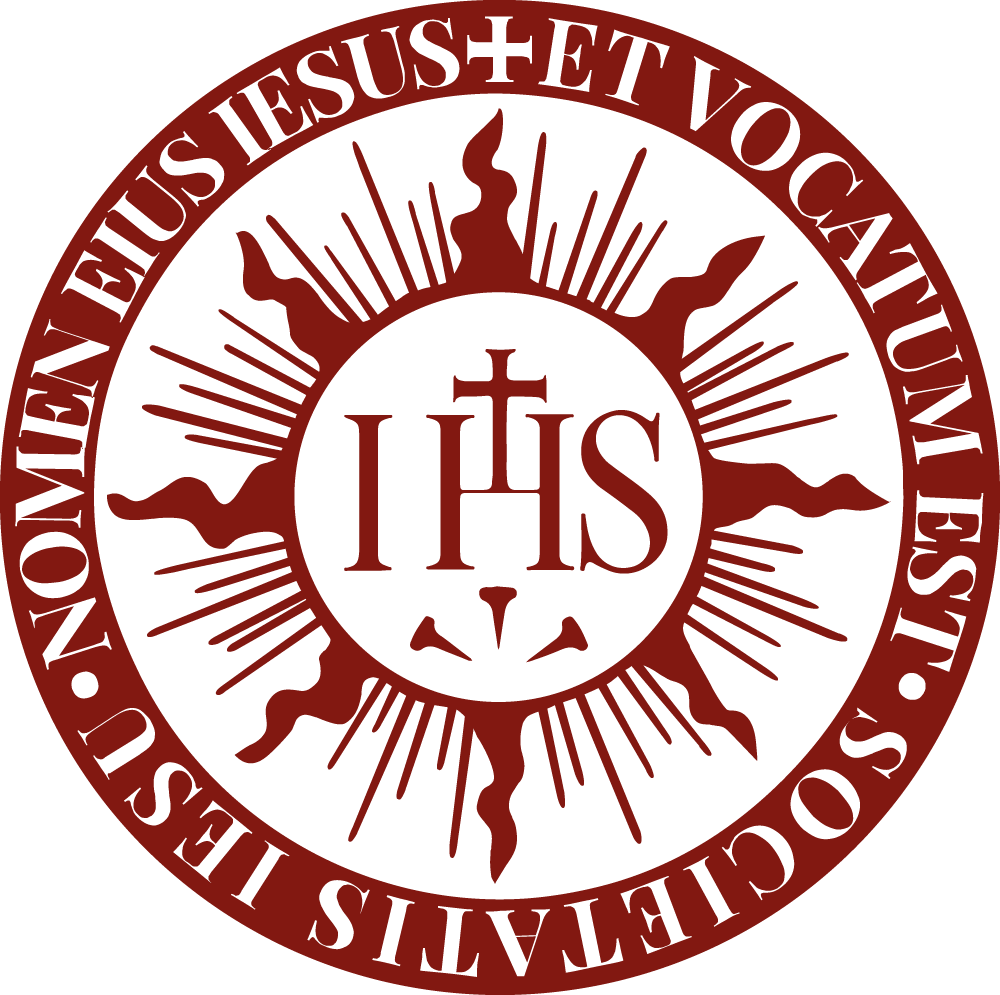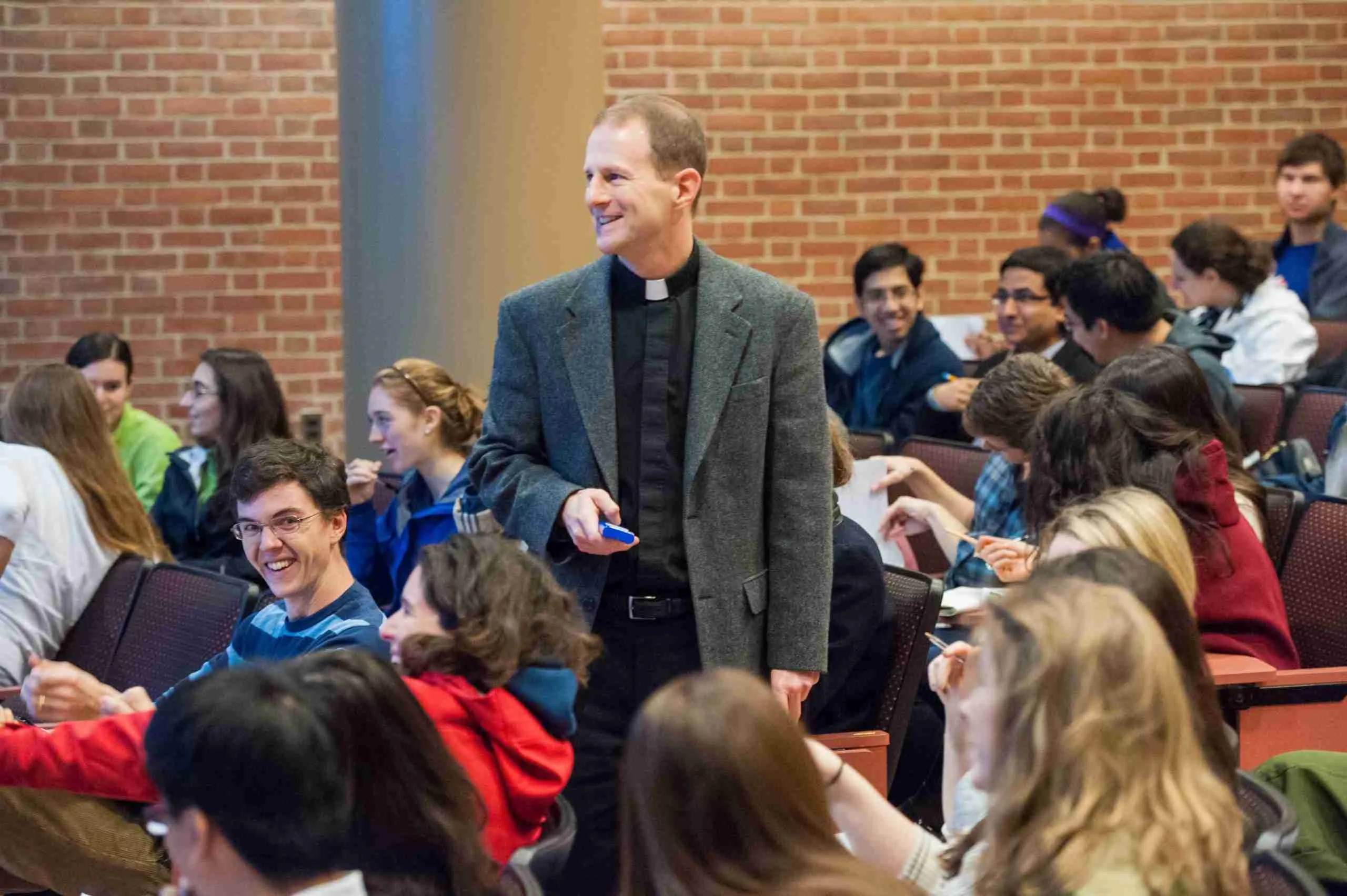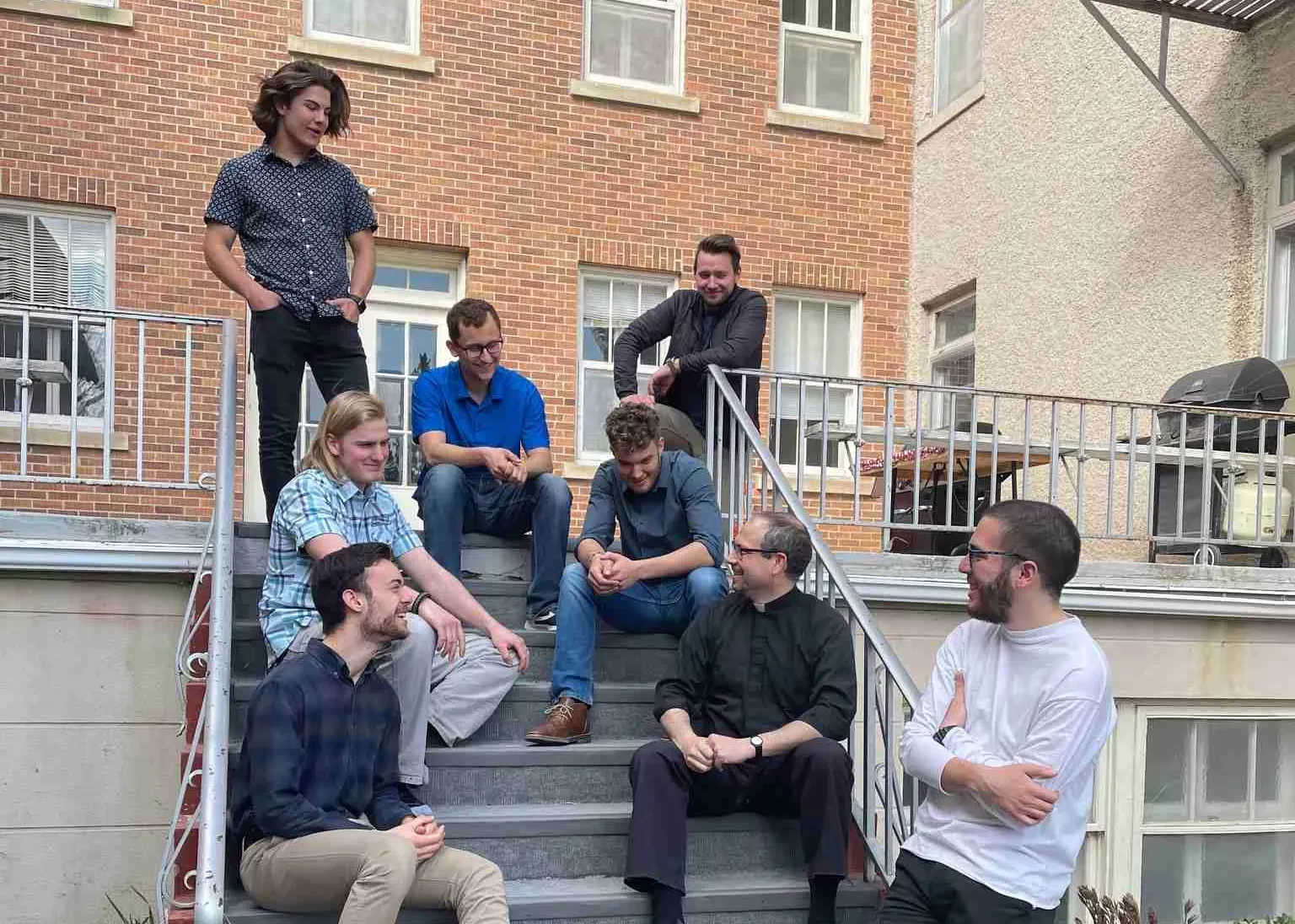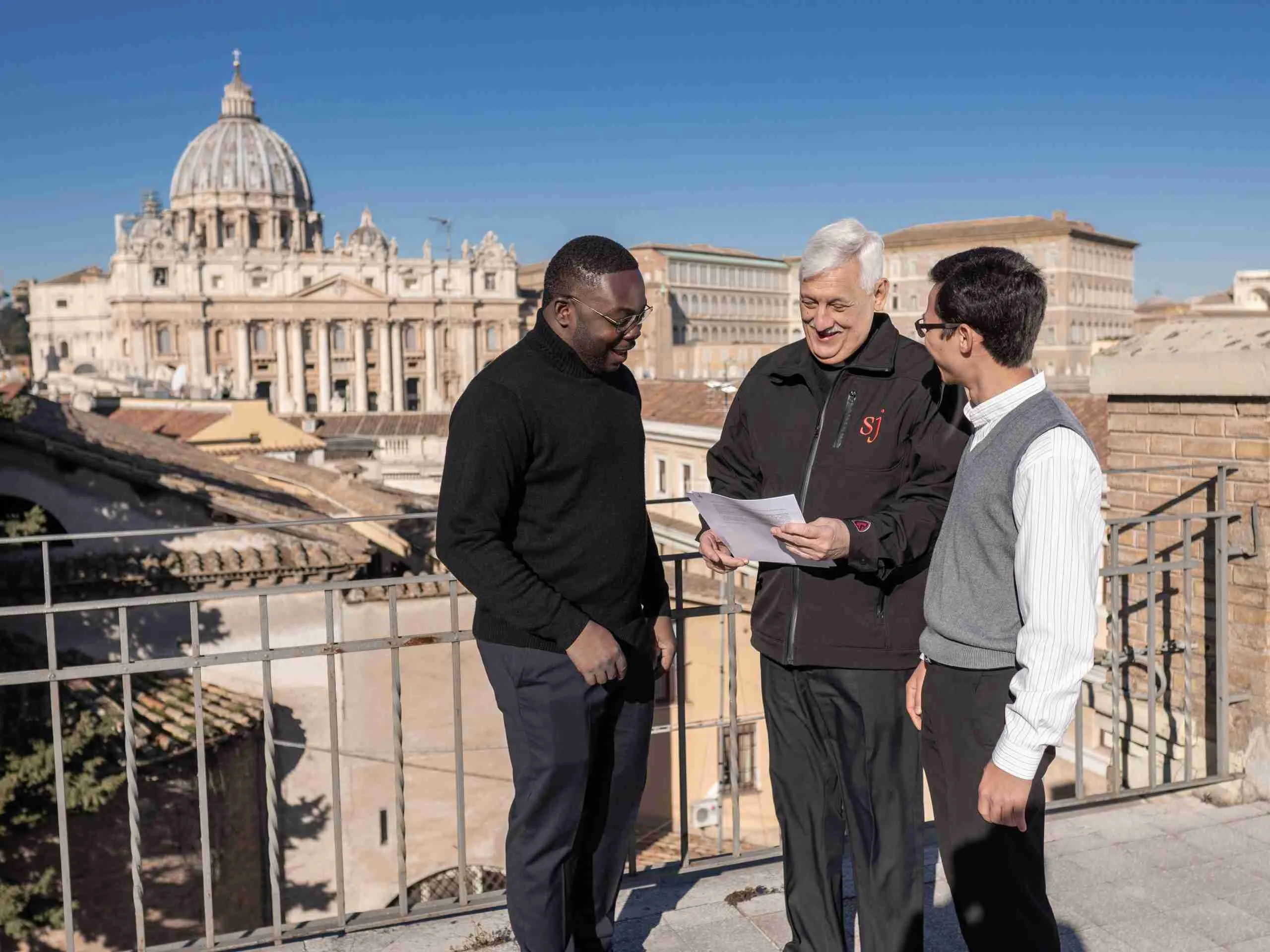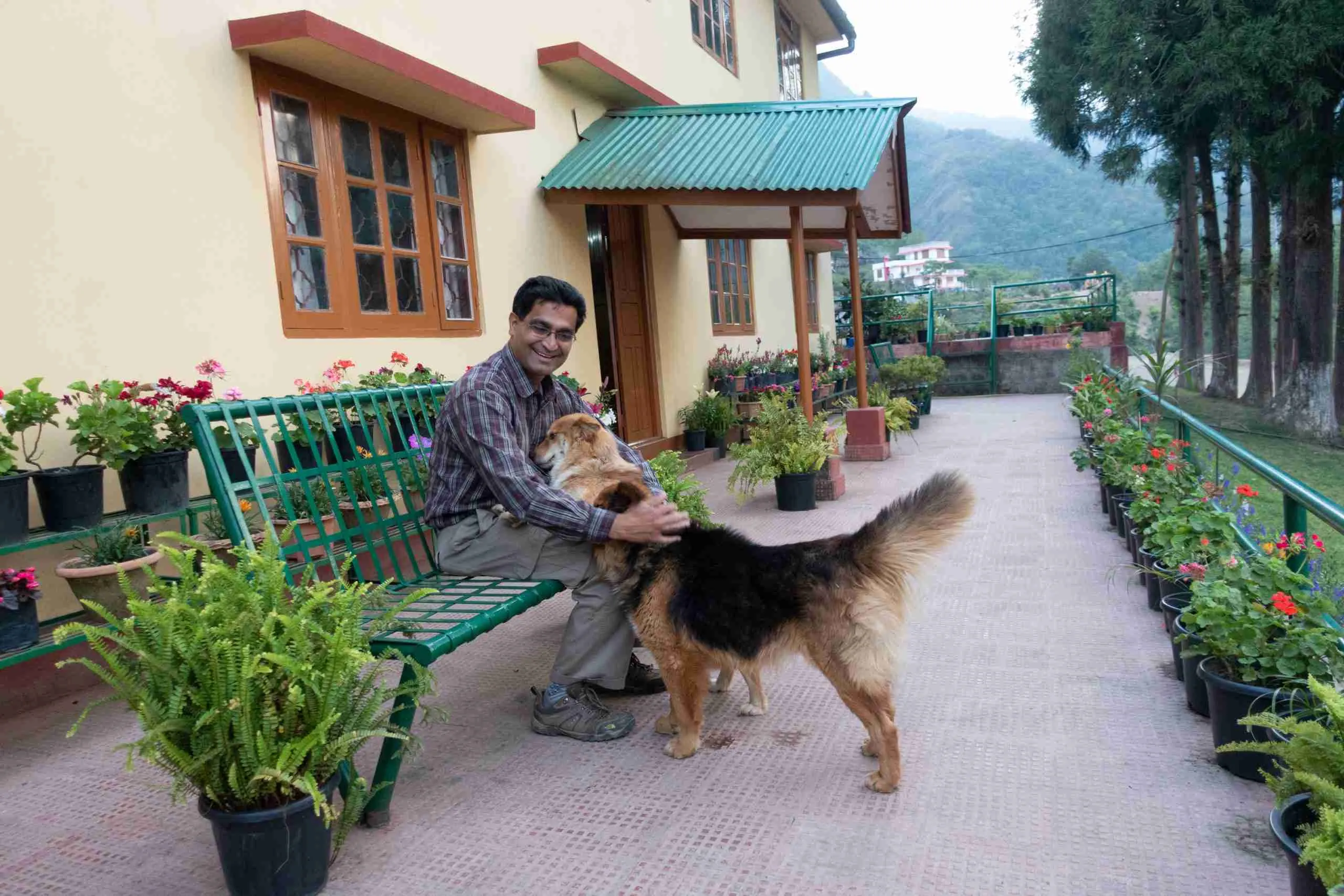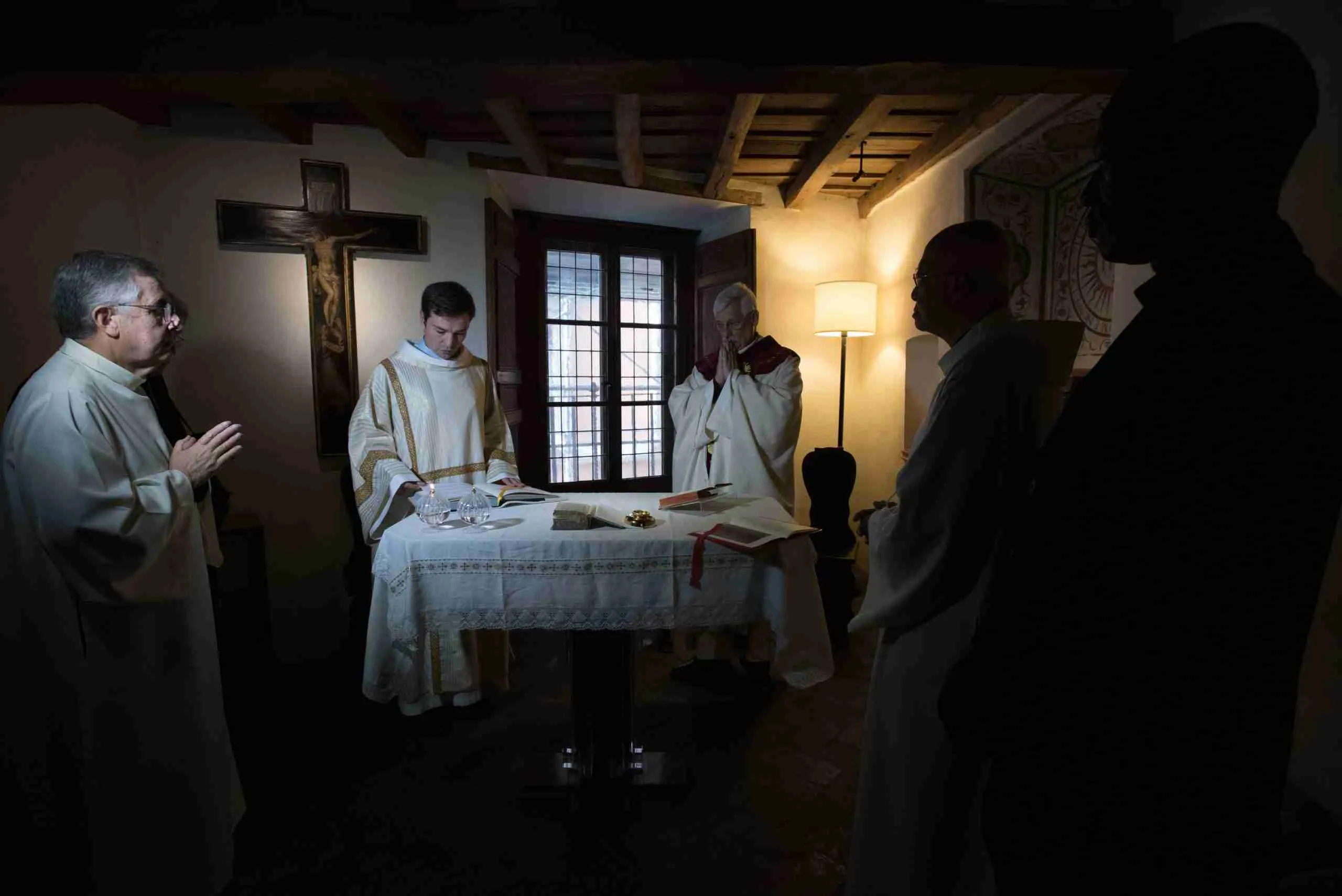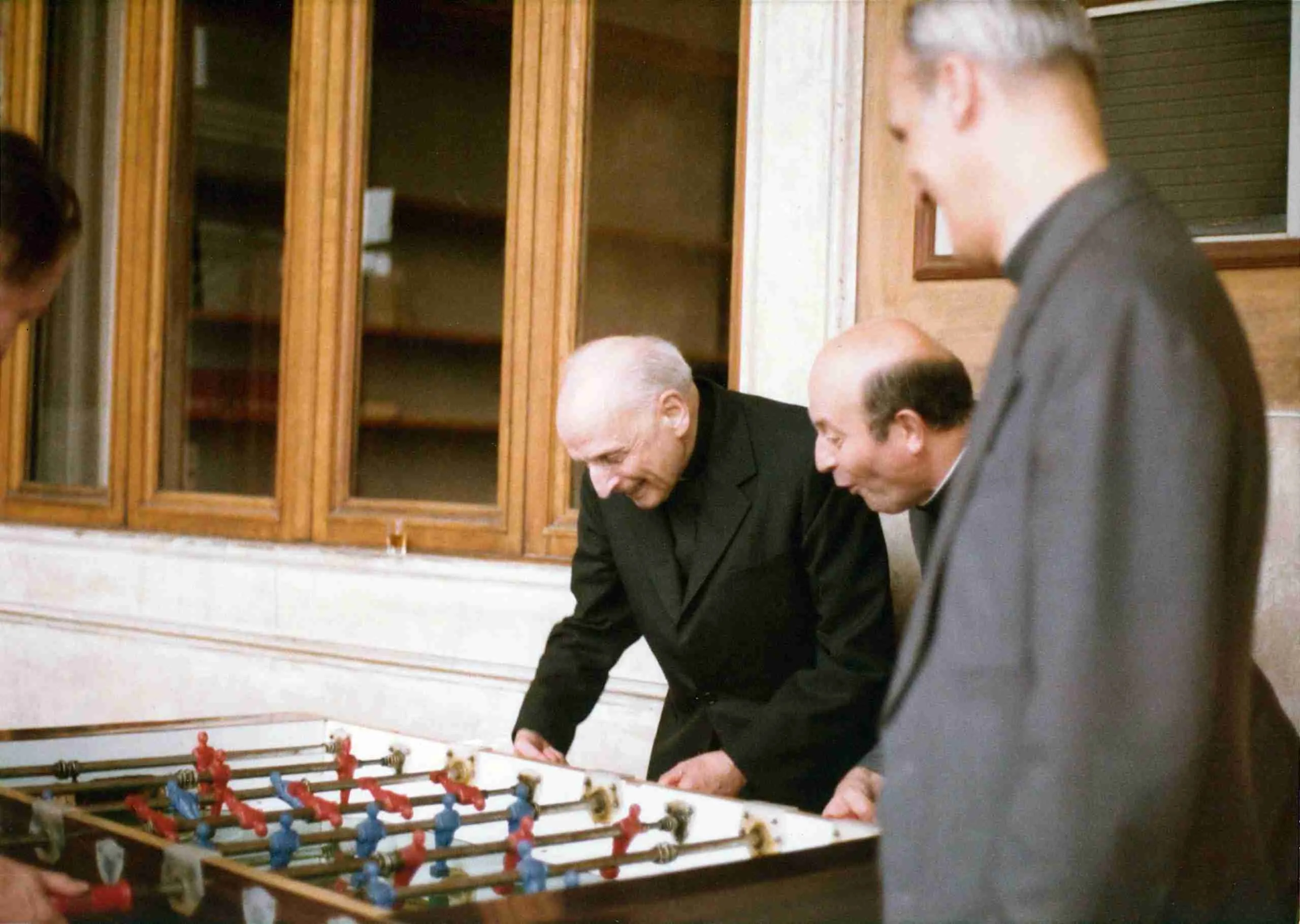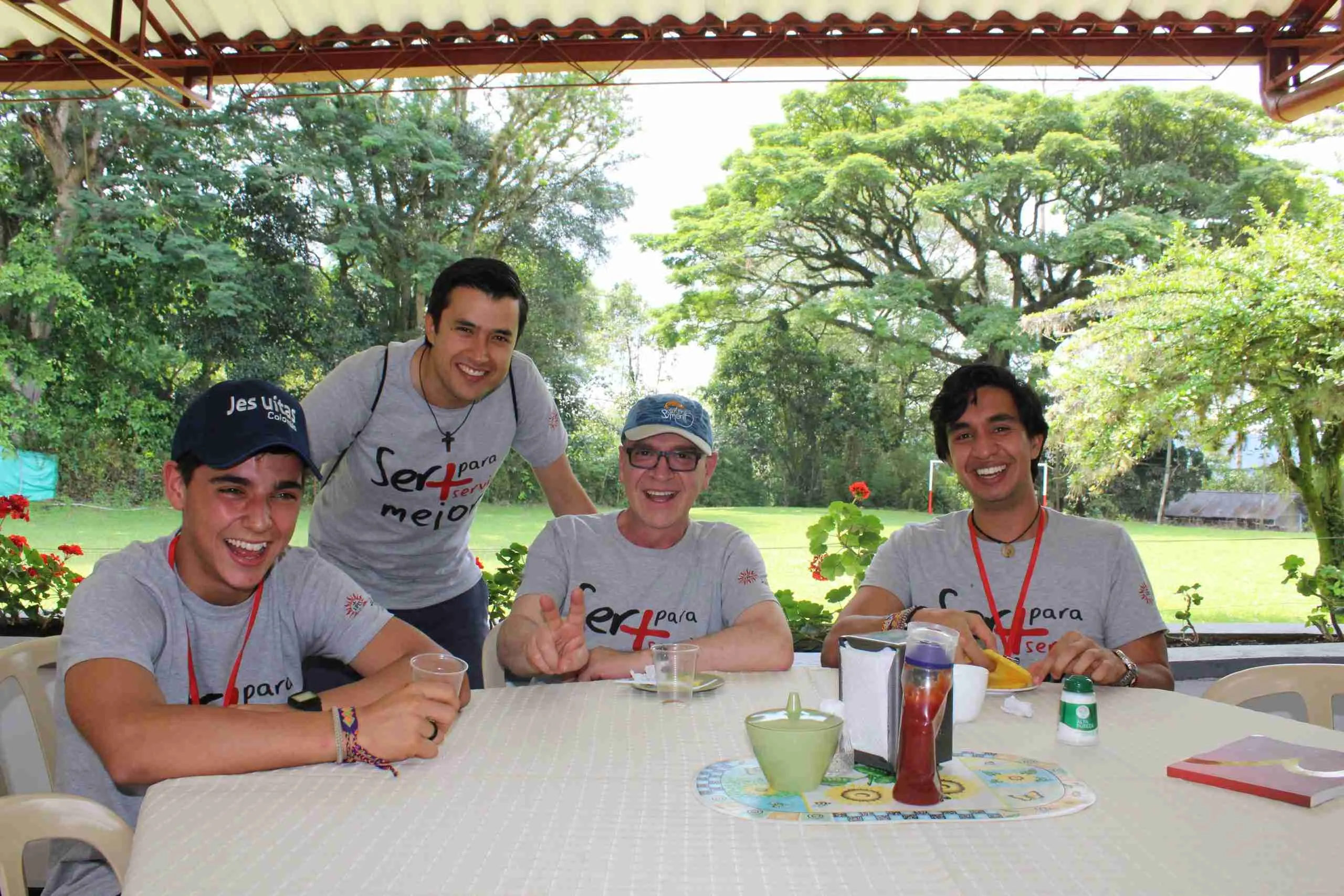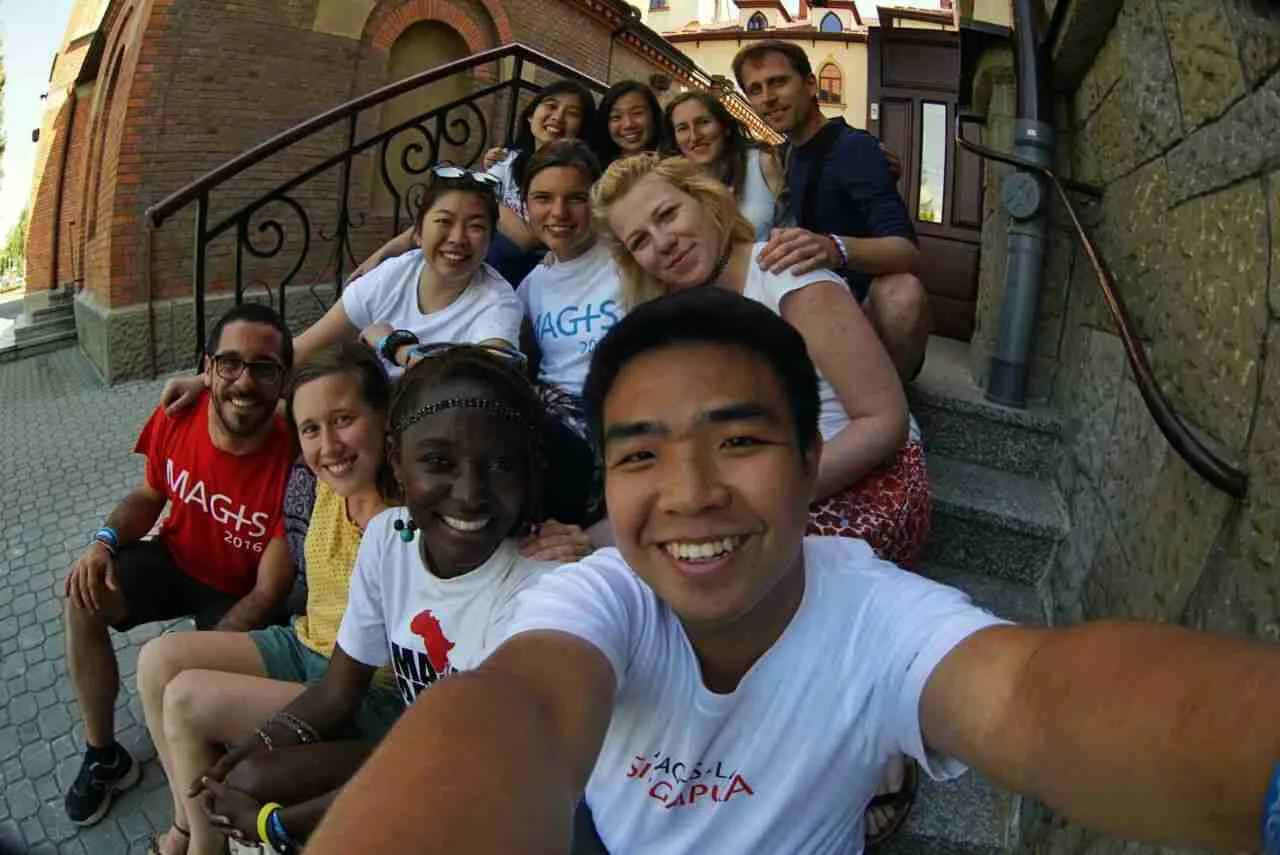How can a Jesuit claim “poverty” when they are well-fed, well-educated, and have ready access to healthcare?
Often, when people hear the word “poverty” they immediately think of those who lack access to the material necessities of life, i.e. food, housing, education, healthcare, etc. Given this, there is naturally a lot of confusion around religious poverty – how can a Jesuit, or any religious for that matter, claim to be “poor” when all their basic needs are met? How can a Jesuit claim “poverty” when they are well-fed, well-educated, and have ready access to healthcare? I, as a Jesuit priest, am not materially poor. I do not worry about the necessities of life and to call myself “poor” would be to insult and diminish those who struggle to get their needs met. However, I am called to live a life of poverty.
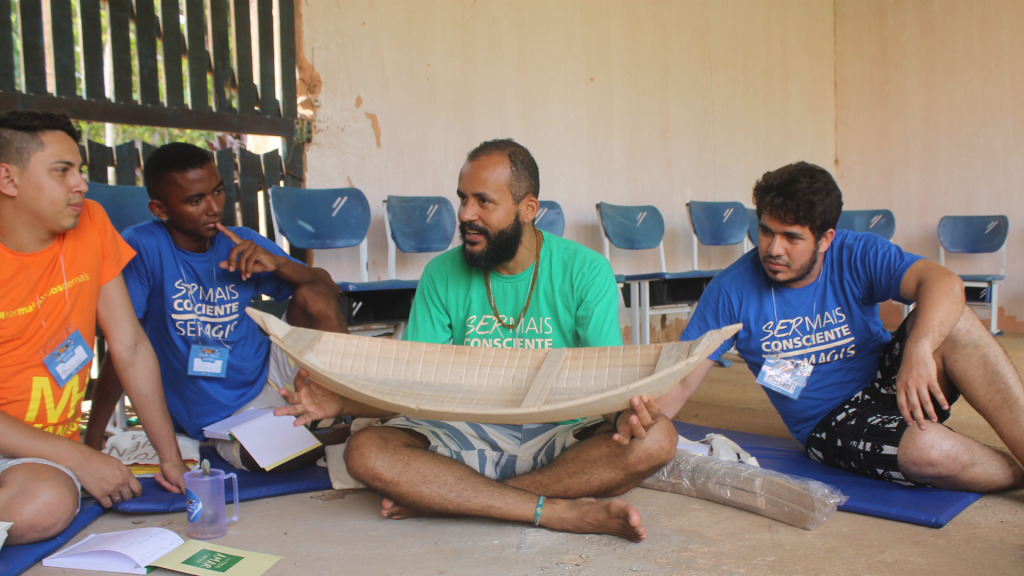
The true meaning of the vow of poverty
Religious poverty, or taking a vow of poverty, is not the same as living in material poverty. It is a commitment to live a life that, hopefully, mirrors the poverty of Jesus and leads to greater freedom. In Jesuit life, the vow of poverty manifests itself in different ways.
Practically, it means that Jesuits don’t properly own anything – they are dependent on the community to provide for all their material needs. While many Jesuits have personal use of material goods, such as clothes, cars, or electronics, it all belongs to the community. Jesuits are not paid, any income they get goes to the community to cover communal costs such as food, housing, and medical care. Jesuits are then given a reasonable stipend by the community, called personalia, to cover things like transportation, cell phone plans, and the occasional meal with friends.
There are differences
In many ways, the community sets the standard of living for Jesuits in a particular place. Hence, professors at a university in the United States will live differently from those in a refugee camp in Lebanon. Their needs are different – a professor at a university requires access to research materials and both the time and space necessary for academic work.
The Jesuits living at the refugee camp, on the other hand, would live a far simpler life. However, both are called to live the same vow, which invites them to a radical sense of indifference. The Jesuits at the university and the refugee camp would have to be available to swap positions should the need arise. The vow of poverty is not meant to be a strict limit on material goods, per se, but rather change the relationship a Jesuit has with them.
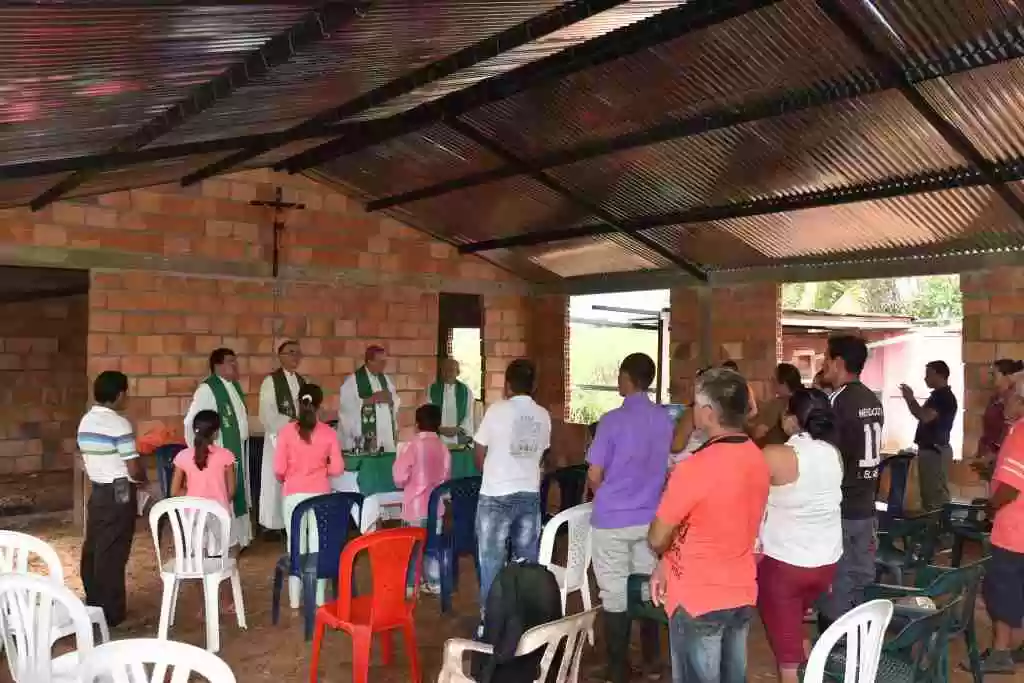
The key to understanding
The key to understanding the vow of poverty is to understand it in the context of the other two vows: chastity and obedience. The whole point of vowed life is to grow in holiness by imitation of Jesus. For the Jesuit, vowed life means growing in availability, and being ready to serve the Church wherever they might be missioned. It is a promise to live simply, avoiding attachments to things that would distract from their mission or their relationship with God.
Take, for example, the great Jesuit missionary Francis Xavier. While he is known for his work in Asia, he was initially slated to stay in Rome and help build the growing Jesuit order. When a Jesuit bound for India fell ill, Xavier volunteered. In a few short days, he said his goodbyes, packed a few things, and boarded a ship to India. He left the comforts and security of Rome and his friends – knowing that the trip was likely one way. Xavier’s poverty was not one of material goods (though that would be part of his life in Asia), but rather about being able to freely answer God’s invitation to the mission.
